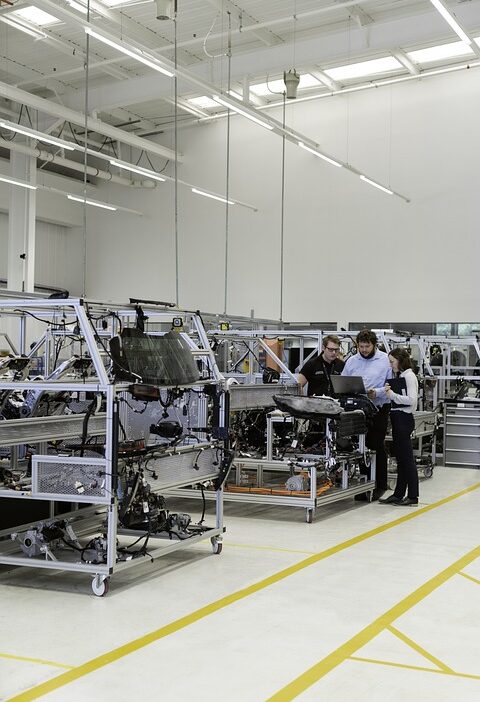In an era characterized by rapid technological advancements and evolving societal needs, engineering education stands at a critical crossroads. It plays a pivotal role in shaping the future of industries, addressing global challenges, and fostering a culture of innovation. As we look toward a world that is becoming increasingly complex and interconnected, preparing the next generation of engineers demands a forward-thinking approach that emphasizes creativity, collaboration, and ethical responsibility.
The Changing Landscape of Engineering
Engineering, in its traditional sense, focused heavily on technical skills and practical knowledge. However, as industries transform with the rise of artificial intelligence, robotics, and sustainable technologies, the skill set required of engineers is evolving. Today’s engineers must not only be proficient in mathematics and science but also be adaptable, strategic thinkers capable of tackling multifaceted problems.
Emerging fields such as biomedical engineering, renewable energy, and artificial intelligence illustrate the importance of interdisciplinary approaches. This shift necessitates an educational paradigm that integrates diverse subjects — including design thinking, environmental science, and social impact — into the engineering curriculum.
Emphasizing Innovation and Creativity
At the heart of engineering is innovation. Institutions are recognizing the importance of fostering a culture that encourages creativity and risk-taking. Programs that incorporate hands-on experiences, such as makerspaces, labs, and design competitions, empower students to experiment and develop their ideas into tangible solutions.
Creative problem-solving is built into engineering education through project-based learning. For example, students might embark on real-world projects, designing solutions for local community challenges or collaborating with industry partners. Such practical experiences not only develop technical competency but also cultivate an entrepreneurial mindset, preparing students for future roles as innovators and leaders.
Interdisciplinary Collaboration
Collaboration is another cornerstone of modern engineering education. Complex challenges—like climate change, healthcare, and infrastructure development—require expertise from multiple disciplines. Engineering programs increasingly emphasize teamwork, encouraging students to work alongside peers from diverse fields such as social sciences, business, and environmental studies.
These collaborative experiences are essential for developing soft skills like communication, empathy, and negotiation, which are vital in today’s interconnected workplace. Graduates who can work effectively in multidisciplinary teams will be better equipped to drive innovation and create holistic solutions.
Ethical and Social Responsibility
The rapid advancement of technology also raises significant ethical concerns. Engineers have a responsibility to consider the societal implications of their work, ensuring that innovation aligns with public welfare. Educational institutions are beginning to integrate ethics into the engineering curriculum, prompting discussions about the consequences of technological solutions.
By fostering a sense of social responsibility, engineering education can prepare graduates to not only excel in their careers but also contribute positively to society. Programs that include community engagement projects, sustainability initiatives, and discussions on the ethical use of technology are vital in shaping conscientious engineers.
Leveraging Technology in Education
Technology itself plays a transformative role in engineering education. The rise of online learning platforms, simulation software, and virtual reality allows students to engage with complex concepts in immersive ways. These tools can enhance learning experiences, making them more interactive and accessible.
Moreover, data-driven insights can help educators tailor curricula to better meet the needs of their students, ensuring that future engineers are equipped with the most relevant skills. Embracing technology in education not only prepares students for the digital workforce but also encourages continuous learning, crucial in a rapidly evolving field.
Conclusion
As we prepare the next generation of engineers, it is imperative that our focus extends beyond technical proficiency. A holistic approach to engineering education—one that values innovation, interdisciplinary collaboration, ethical responsibility, and technological integration—will produce a workforce capable of addressing the complex challenges of our time.
By nurturing a mindset of creativity and social consciousness, we can empower young engineers to become the innovators, problem-solvers, and leaders that our society needs. The future of engineering education is not just about building machines; it’s about building a better world.


